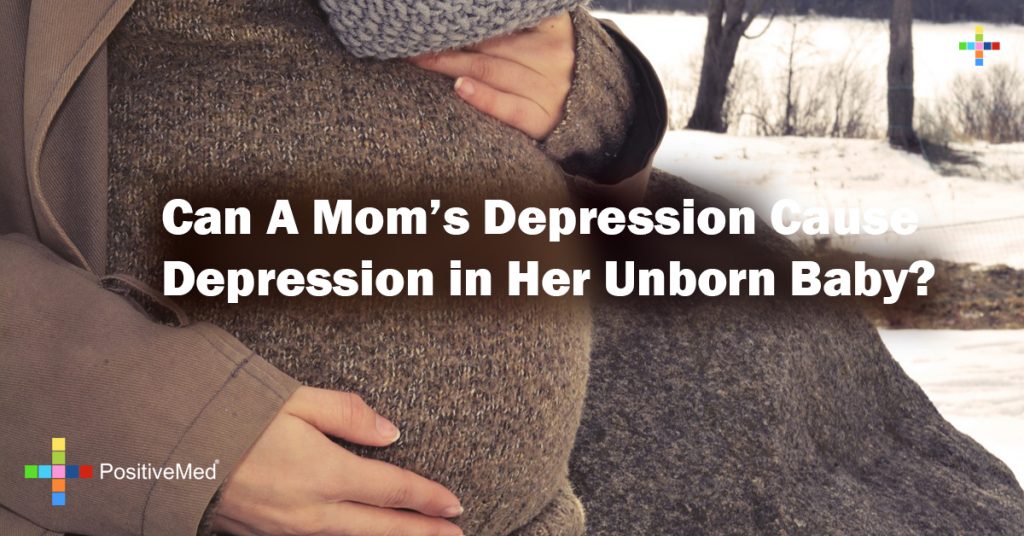
Unborn Babies and Depression
By Divya Shree
Edited By Stephanie Dawson
Reviewed By Nima Shei MD
Unborn babies womb share almost everything the mother goes through during pregnancy, from food she eats to the emotions she goes through, everything impacts the development of the baby in the womb.
New research found that some mothers can pass on their feelings of anxiety and stress to their unborn babies. This research was conducted at the National University of Singapore in which 157 pregnant women were examined. These women were asked to answer a questionnaire during the 26th week of their pregnancy that had questions related to their mental health. To arrive at their conclusions the babies’ brains were mapped 2 weeks after birth. Per this new research there is a chemical in the womb and the brain of unborn babies which prevents the passing of stress from mothers to the baby. This research investigates the association of environmental and genetic factors that can be blamed for increased cases of anxiety and mood disorders in children.

The amygdala in the brain is responsible for regulating stress and emotions. Studies suggest that some women cannot secrete the required quantities of the enzyme that protects the brain of the fetus from stress and depression. Studies on animals suggest that when pregnant females suffer depression their body secretes a hormone similar to the stress hormone cortisol. Researchers also found abnormal wiring in the right section of the amygdala in children of more depressed mothers.
Dr. John Krystal from Yale School of Medicine states these findings are cause for concern and require pregnant people to be extra cautious.
The National Health Society of the United Kingdom has published statistics that confirm nearly 80,000 children below the age of 5 are suffering from depression and other emotional disorders. Statistics also suggest that there are higher numbers of miscarriages in the first trimester of women who are severely stressed during their pregnancy. The stress level of pregnant women also influences the way their babies react to stress in their own life. A study conducted on pregnant rats found that when they were stressed during pregnancy, their infants displayed behavioral differences. Their amygdala lacked structural connectivity which leads to development of stress hormones.
This new research suggests that mental health screening of pregnant women should start in the early stages of pregnancy. Proper attempts should be made to target and avoid maternal depression. Experts suggest that while the brains of babies continue to develop after birth, creating and maintaining a supportive and loving environment can help compensate the damage done inside the womb. Stress the child undergoes in the womb may also have long-term effects on his physical health.
Sources:
http://www.babycenter.com/406_can-my-depression-harm-the-baby-while-im-pregnant_1246872.bc
http://www.parentdish.co.uk/2013/12/06/unborn-babies-can-catch-depression-from-their-mothers-according-new-research/?a_dgi=aolshare_twitter
http://www.dailymail.co.uk/health/article-2518725/Babies-depressed-mothers-contract-depression-womb.html
http://www.dailymail.co.uk/health/article-2362878/Babies-exposed-mothers-stress-hormone-womb-likely-develop-depression.html





